EPAT Editorials – Free Access
Morimichi Kato (2020) Minakata Kumagusu: The first Japanese environmentalist, Educational Philosophy and Theory, DOI: 10.1080/00131857.2020.1770612
Jānis T. Ozoliņš (2020) Aquinas, education and the theory of illumination, Educational Philosophy and Theory, DOI: 10.1080/00131857.2020.1768632
Michael A. Peters (2020) ‘Reality is an activity of the most august imagination’. When the world stops, it’s not a complete disaster – we can hear the birds sing!, Educational Philosophy and Theory, DOI: 10.1080/00131857.2020.1764268
Moses Ogunniran (2020) The opening-up of education in the new era: Communist Party of China (CCP) and the Central Committee, Educational Philosophy and Theory, DOI: 10.1080/00131857.2020.1762290
Michael A. Peters (2020) The disorder of things: Quarantine unemployment, the decline of neoliberalism, and the Covid-19 lockdown crash, Educational Philosophy and Theory, DOI: 10.1080/00131857.2020.1759190
The long Read
Philosophy of education in a new key
A collective project of the PESA executive
Michael A. Peters, Sonja Arndt, Marek Tesar, Liz Jackson, Ruyu Hung, Carl Mika, Janis T. Ozolins, Christoph Teschers, Janet Orchard, Rachel Buchanan, Andrew Madjar, Rene Novak, Tina Besley, Sean Sturm (open reviewer), Peter Roberts (open reviewer) & Andrew Gibbons (open reviewer) (2020) Philosophy of education in a new key, Educational Philosophy and Theory, DOI:: 10.1080/00131857.2020.1759194
Articles
Izram Chaudry (2020) “I felt like I was being watched”: The hypervisibility of Muslim students in higher education, Educational Philosophy and Theory, DOI: 10.1080/00131857.2020.1769603
Xin Wang (2020) Capital, habitus, and education in contemporary China: Understanding motivations of middle-class families in pursuing studying abroad in the United States, Educational Philosophy and Theory, DOI: 10.1080/00131857.2020.1767074
Robert Hassan (2020) Analogue ontology and digital disruption, Educational Philosophy and Theory, DOI: 10.1080/00131857.2020.1767075
Jaime Ahlberg (2020) Two conceptions of talent, Educational Philosophy and Theory, DOI: 10.1080/00131857.2020.1742697
Kwok Kuen Tsang, Yi Lian & Zhiyong Zhu (2020) Alienated learning in Hong Kong: A marxist perspective, Educational Philosophy and Theory, DOI: 10.1080/00131857.2020.1767588
Sophie Ward (2020) Education at the end of history: A response to Francis Fukuyama, Educational Philosophy and Theory, DOI: 10.1080/00131857.2020.1767073
Joff P. N. Bradley (2020) On the prospects of Virilio’s pedagogy of the image, Educational Philosophy and Theory, DOI: 10.1080/00131857.2020.1761330
Fiona James (2020) ‘Ethics review, neoliberal governmentality and the activation of moral subjects’, Educational Philosophy and Theory, DOI: 10.1080/00131857.2020.1761327
Peter Pericles Trifonas (2020) The semiotics of visual perception and the autonomy of pictorial text: Toward a semiotic pedagogy of the image, Educational Philosophy and Theory, DOI: 10.1080/00131857.2020.1761329
Patricia Krueger-Henney & Jessica Ruglis (2020) PAR is a way of life: Participatory action research as core re-training for fugitive research praxis, Educational Philosophy and Theory, DOI: 10.1080/00131857.2020.1762569
Kefei Xu (2020) From “opposition” to “fellowship”: Analysis on the US-China Relationship according to the dialectics of I Ching, Educational Philosophy and Theory, DOI: 10.1080/00131857.2020.1750084
Ruyu Hung (2020) Ethics of memory: Forgetfulness and forgiveness in the traumatic place, Educational Philosophy and Theory, DOI: 10.1080/00131857.2020.1761331
Book Review
Morten Korsgaard (2020) To the burrow and back again. A review of Towards an ontology of teaching. Thing-centred pedagogy, affirmation and love for the World., Educational Philosophy and Theory, DOI: 10.1080/00131857.2020.1761328
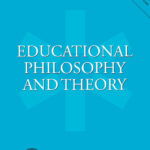 We are pleased to announce the Impact Factor for Educational Philosophy and Theory (EPAT) 2019 is 1.415. In the Journal Citation Reports, Category: Education & Educational Research, it is 162 out of 263 journals in Quartile 3. This is an increase on the 2018 impact Factor.
We are pleased to announce the Impact Factor for Educational Philosophy and Theory (EPAT) 2019 is 1.415. In the Journal Citation Reports, Category: Education & Educational Research, it is 162 out of 263 journals in Quartile 3. This is an increase on the 2018 impact Factor.


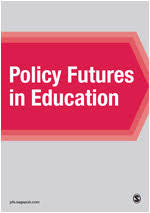


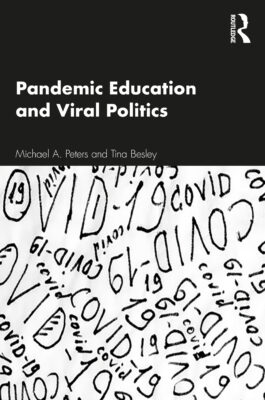
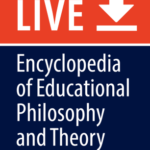
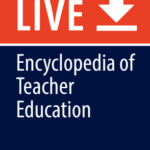
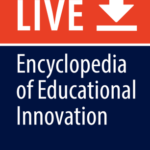




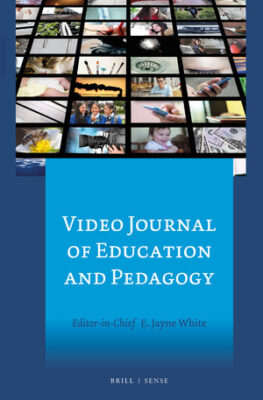 The
The 
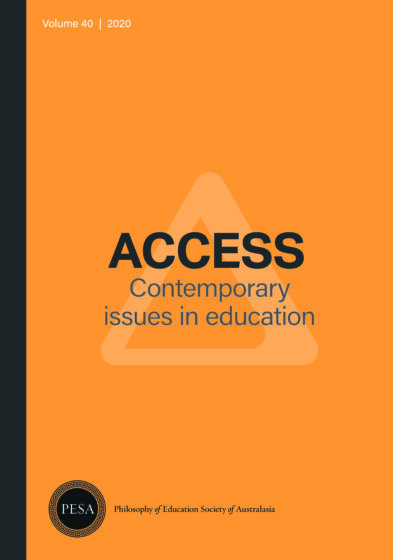 Call for Papers – Volume 40
Call for Papers – Volume 40


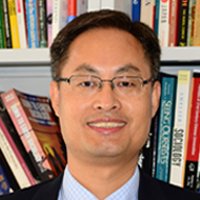 Prof. Jun Li
Prof. Jun Li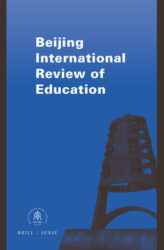
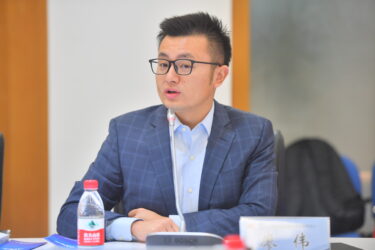

 Daniella Forster
Daniella Forster One of our young PESA members, Mr Lin Cong, Jason, a PhD student in the Hong Kong University Faculty of Education, Social Contexts and Policies of Education Unit, has been selected for a Fulbright-Research Grants Council, Hong Kong Research Scholar Award 2020-21as Visiting Student Scholar at Harvard Graduate School of Education, USA for 10 months starting in 2021. Jason’s research is on multiculturalism and Chinese identity formation in Chinese societies, and issues of the Chinese diaspora in the United States regarding their Chineseness. This is another recognition for Jason who was awarded a 2019 PESA Research Grant. Congratulations!
One of our young PESA members, Mr Lin Cong, Jason, a PhD student in the Hong Kong University Faculty of Education, Social Contexts and Policies of Education Unit, has been selected for a Fulbright-Research Grants Council, Hong Kong Research Scholar Award 2020-21as Visiting Student Scholar at Harvard Graduate School of Education, USA for 10 months starting in 2021. Jason’s research is on multiculturalism and Chinese identity formation in Chinese societies, and issues of the Chinese diaspora in the United States regarding their Chineseness. This is another recognition for Jason who was awarded a 2019 PESA Research Grant. Congratulations!